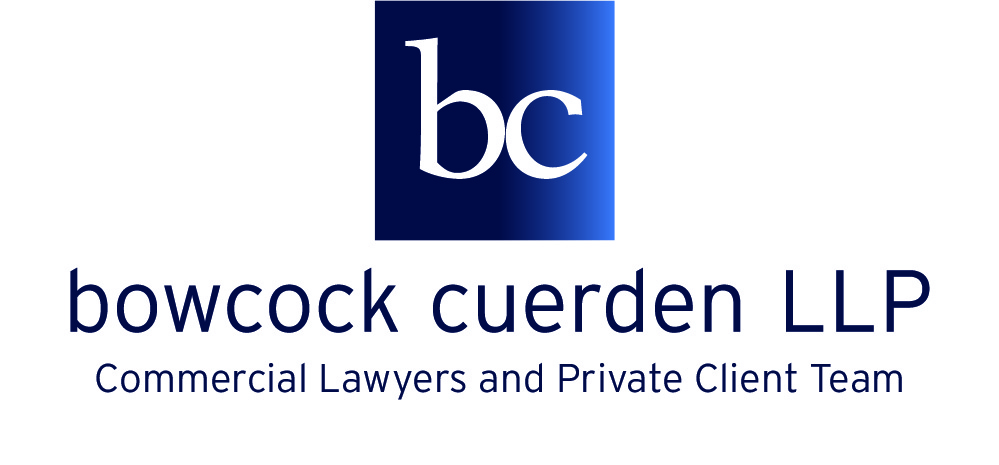Challenging a Will – Capacity and Undue Influence
Although there are a number of different ways in which a person’s Will can challenged, here we concentrate on two potential grounds: Lack of mental capacity and undue influence.
Lack of Mental Capacity
The well-established test for assessing a person’s capacity is set out in the case of Banks v Goodfellow. For a person to have capacity at the time of signing their Will they must:
• Understand the nature of making a Will and its effects;
• Understand the extent of the property of which they are disposing;
• Be able to comprehend and appreciate the claims to which they ought to give effect;
• Have no disorder of the mind that perverts their sense of right or prevents the exercise of their natural faculties in disposing of their property by Will.
The Mental Capacity Act 2005 introduced a new test for capacity, although the Courts will assess capacity by reference to the Banks v Goodfellow principles.
One practical step that can be taken to avoid any doubt of the testator’s capacity is to have a medical practitioner examine them at the time of the making and signing of the Will. A medical opinion verifying the mental capacity of the testator will help establish that the testator did indeed have capacity when making their Will.
Undue Influence
Another possible ground for challenging the legitimacy of a Will is undue influence. This is where a third party applies pressure so that the discretion and judgment of the person making the Will is changed. The pressure exerted upon the testator may be physical, verbal or psychological. The exact nature of the conduct does not matter; as long as it can be determined that it overwhelmed the free will of the testator.
The Court will take into account a range of factors, including the vulnerability of the deceased, their relationship with the alleged influencer and an otherwise inexplicable distribution of the estate in the Will.
It is vital if you are seeking to challenge a Will or are defending a challenge to a Will, that professional legal advice is sought from the outset.




